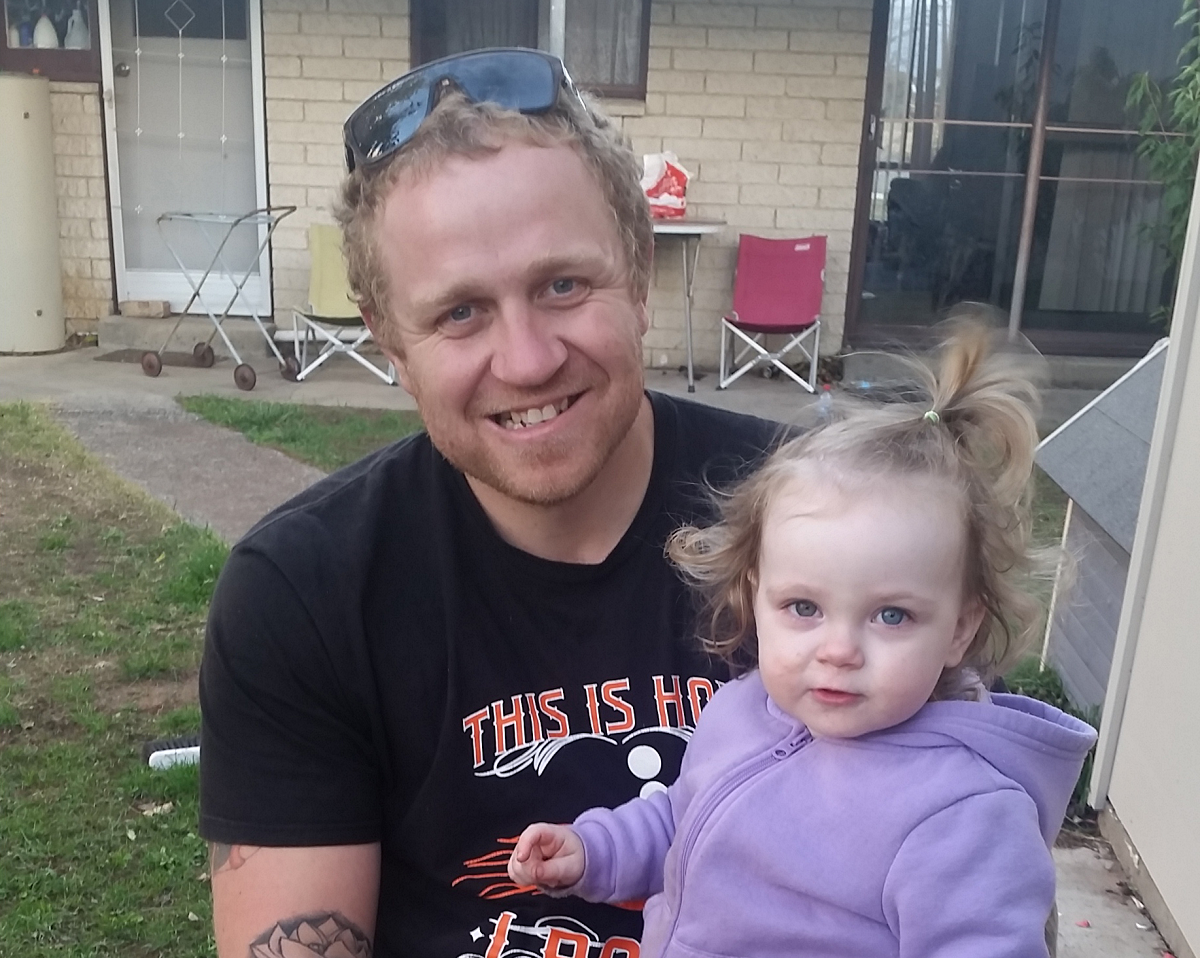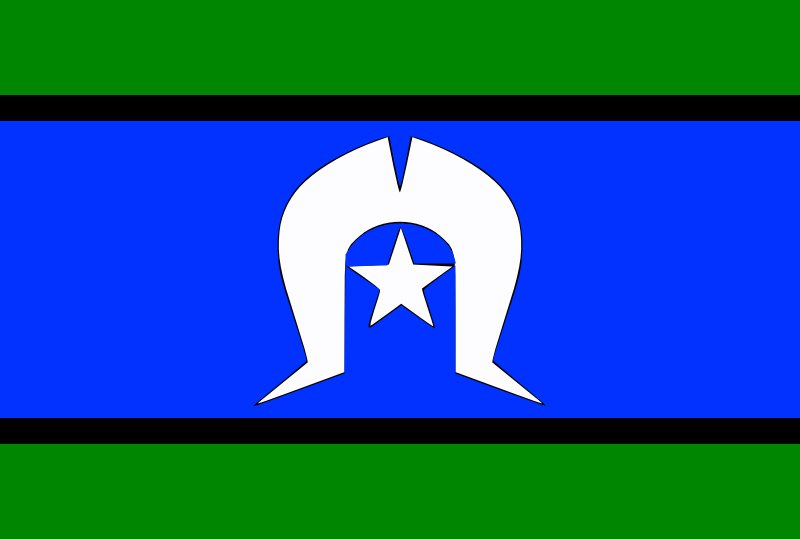The emotional stresses and extra challenges faced by people living with a spinal cord injury (SCI) can have profound effects on their health and quality of life. Peer-support is an effective way of combating these stresses and challenges and provides an immense range of benefits.
People who have a lived experience of SCI possess an expertise that is incredibly valuable in helping others in similar circumstances. The hope and validation offered by someone with like experiences can be tremendously beneficial to making the necessary changes to adapt and thrive.
The power of peer-support is demonstrated by the stories of Richard “Boof” Jones and Marcus Sanders, both of whom received peer-support from Wayne Bradshaw, Spire Information and Peer-Support Officer, and have gone on to become Spire peer-support volunteers themselves.
“Boof”
After a near-fatal tree-falling accident on his property, small business owner, father of two and former professional MMA fighter, Boof was left with a T4 complete spinal cord injury (SCI).
Unsure of his future after his marriage broke down and unable to do things in the same ways as he used to, Boof understandably struggled to make sense of his life.
“I was worried about being able to live up to the standards of the active life of a father that I had set myself.” He recalls.
While in rehabilitation at the Royal Talbot, Boof was put in touch with Wayne Bradshaw. Wayne has lived with a SCI for over two decades and provided Boof with relatable advice and the support to cope.
“Meeting Wayne gave me a good look into someone else’s life, someone who had faced similar problems with the same injury. It was easier to take on board, rather than doctors and nurses telling me what I can or cannot do.
“When another para tells you of his life experiences it shows you that, as an injured person, you can still work, be a father etc. and enjoy life.” He said.
Through peer-support, Boof has developed strategies that help him cope and has gained inspiration not only to remain an active dad, but also to pay-it-forward and help others dealing with similar circumstances.
When asked what the most valuable benefit of peer-support has been to him, Boof declares, “The inspiration of knowing that my kids still needed me and that I could still be a good father figure to my two sons.”
Marcus

Marcus Sanders was Chief Weapons and Tactics Trainer for the Australian Federal Police. He rode motocross, surfed and travelled the world. A motorcycle accident resulted in Marcus sustaining multiple spinal cord injuries at T6-7 and C5-7 as well as a number of other life threatening injuries.
Marcus’ injuries and the drastic changes they would make to his lifestyle left him in a state of shock, anger and confusion and at first, he was unconvinced of the power of peer-support.
“I hated my life after the accident…I had no idea what life would be like after my accident.” He recalls.
“I was introduced to a number of mentors but did not want, nor was I ready, to speak to anyone. I was very angry and confused and just wanted to be left alone”
Marcus credits peer support team member, Wayne Bradshaw with helping him to change his mind set and focus on positive actions throughout his rehabilitation and post discharge recovery phase.
“Mentoring has helped me greatly. Wayne was my go to person when I needed advice or assistance, or, when I just needed someone to listen.” He said.
Marcus, too, has gone on to become a Spire peer-support volunteer, an endeavour that was inspired by the support he received during challenging times.
“The inspiration I got from Wayne impacted on me so much that I myself became a peer support mentor. I too wanted to be able to help others with SCI and their families, which I find very satisfying.”
People who are living well with a SCI offer hope through example, something that is often missing from the support provided by people without similar experiences. Spire’s Peer-Support Team work passionately to help others who are living with a SCI to set and achieve goals, live life well and regain a sense of normalcy.
- November 25, 2016




